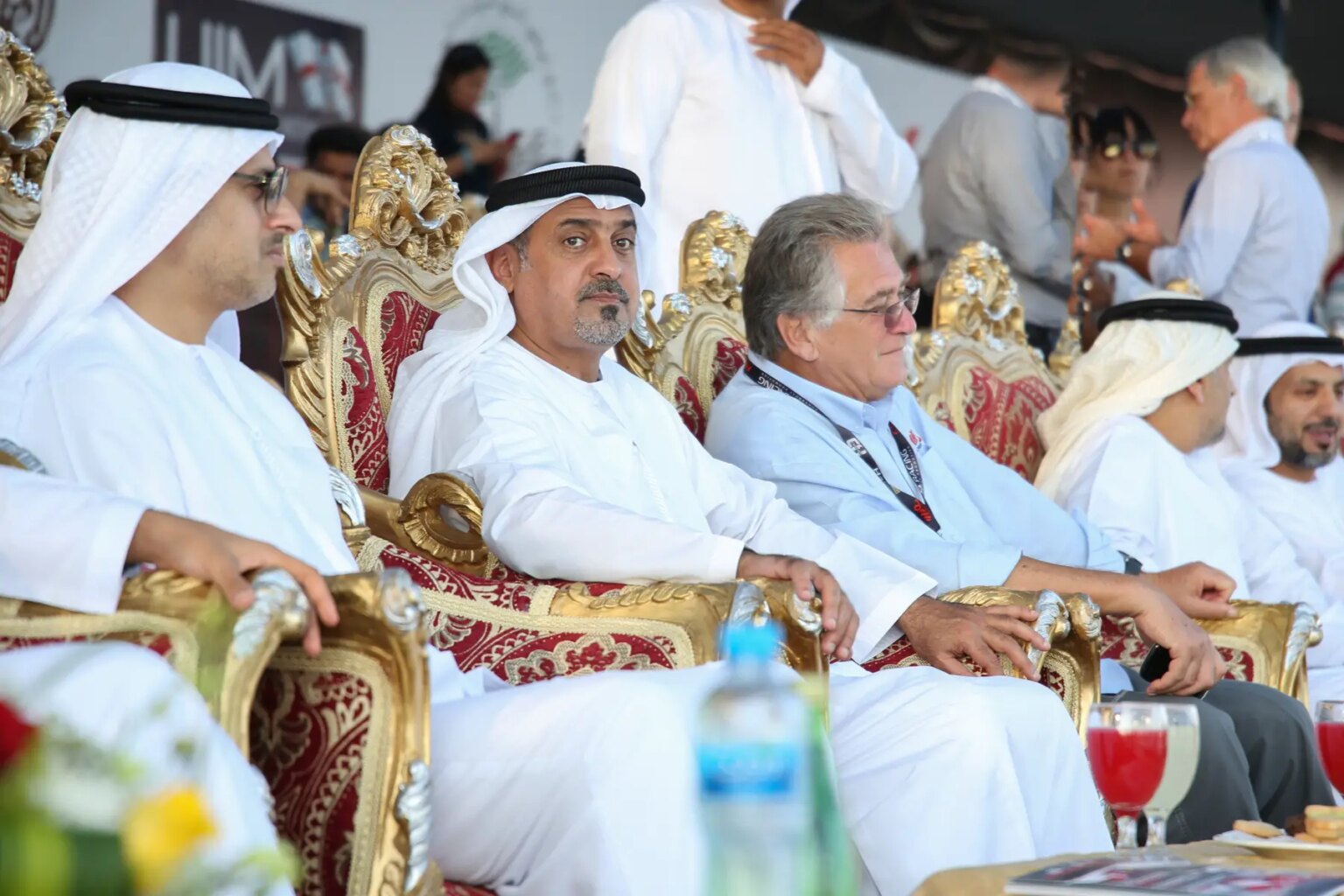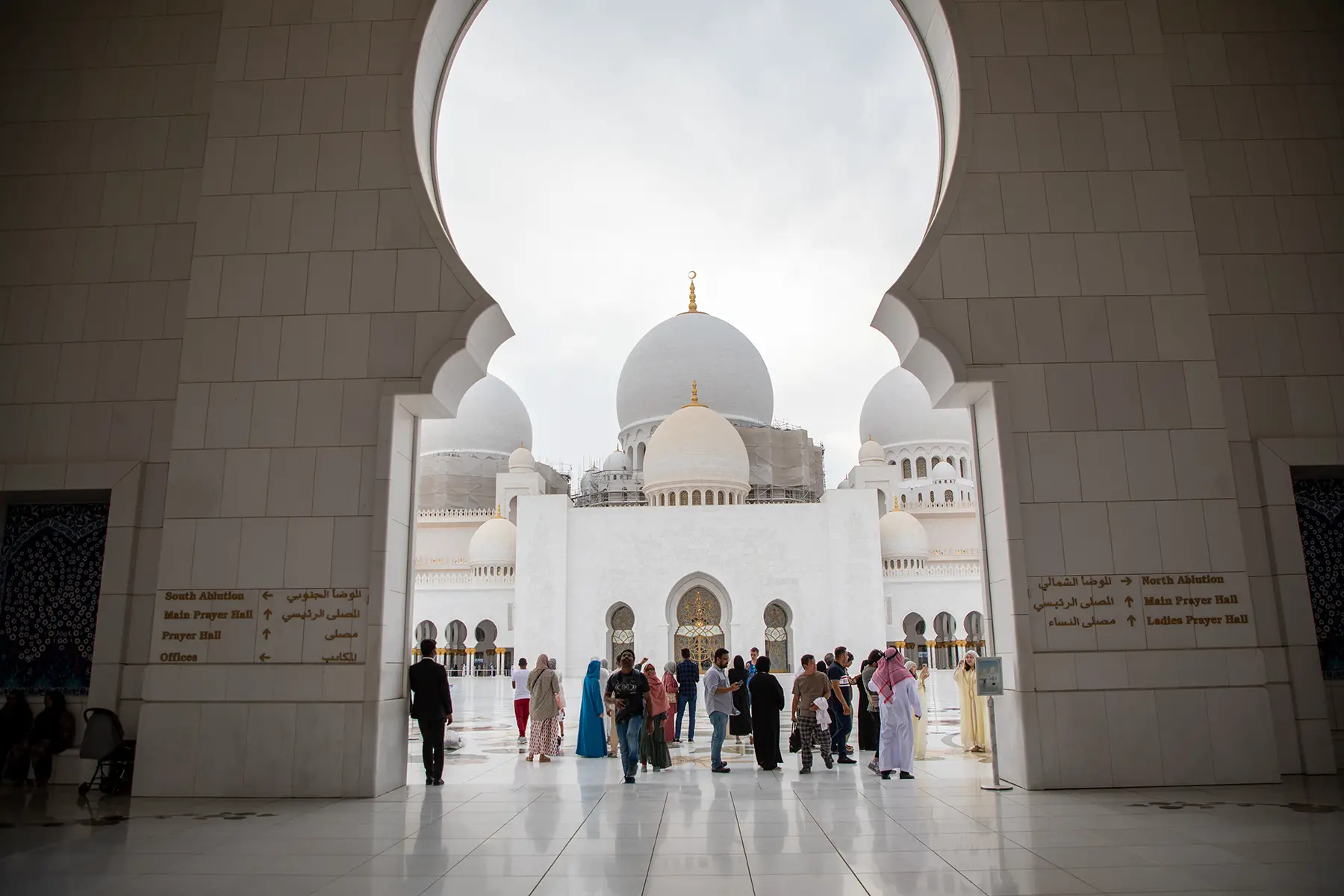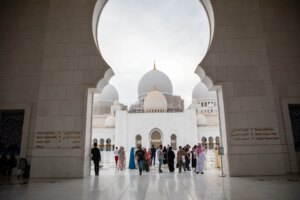After a tumultuous political history, the United Arab Emirates presents itself as a progressive and tolerant society. However, critics continue to question whether this is really the case. As an expat, it is important to get to grips with the political system in the UAE and gain an understanding of how political freedoms differ from your home country.
This article includes the following information:
- Government and political system in the UAE
- The president: who is currently in power in the UAE?
- The electoral system in the UAE
- Voting in the United Arab Emirates
- The political history of the United Arab Emirates
- The judiciary system in the UAE
- Recent political reforms in the UAE
- Political tensions in the UAE
- The state of the economy in the UAE
- Useful resources
Ground News
Get every side of the story with Ground News, the biggest source for breaking news around the world. This news aggregator lets you compare reporting on the same stories. Use data-driven media bias ratings to uncover political leanings and get the full picture. Stay informed on stories that matter with Ground News.
Government and political system in the UAE
The United Arab Emirates (UAE) became a constitutional federation in 1971. Since then it has grown into one of the world’s richest federations off the back of lucrative oil exports. The UAE presents itself as one of the most liberal nations in the Gulf, which tolerates other cultures and beliefs; however, this claim is subject to fierce debate.
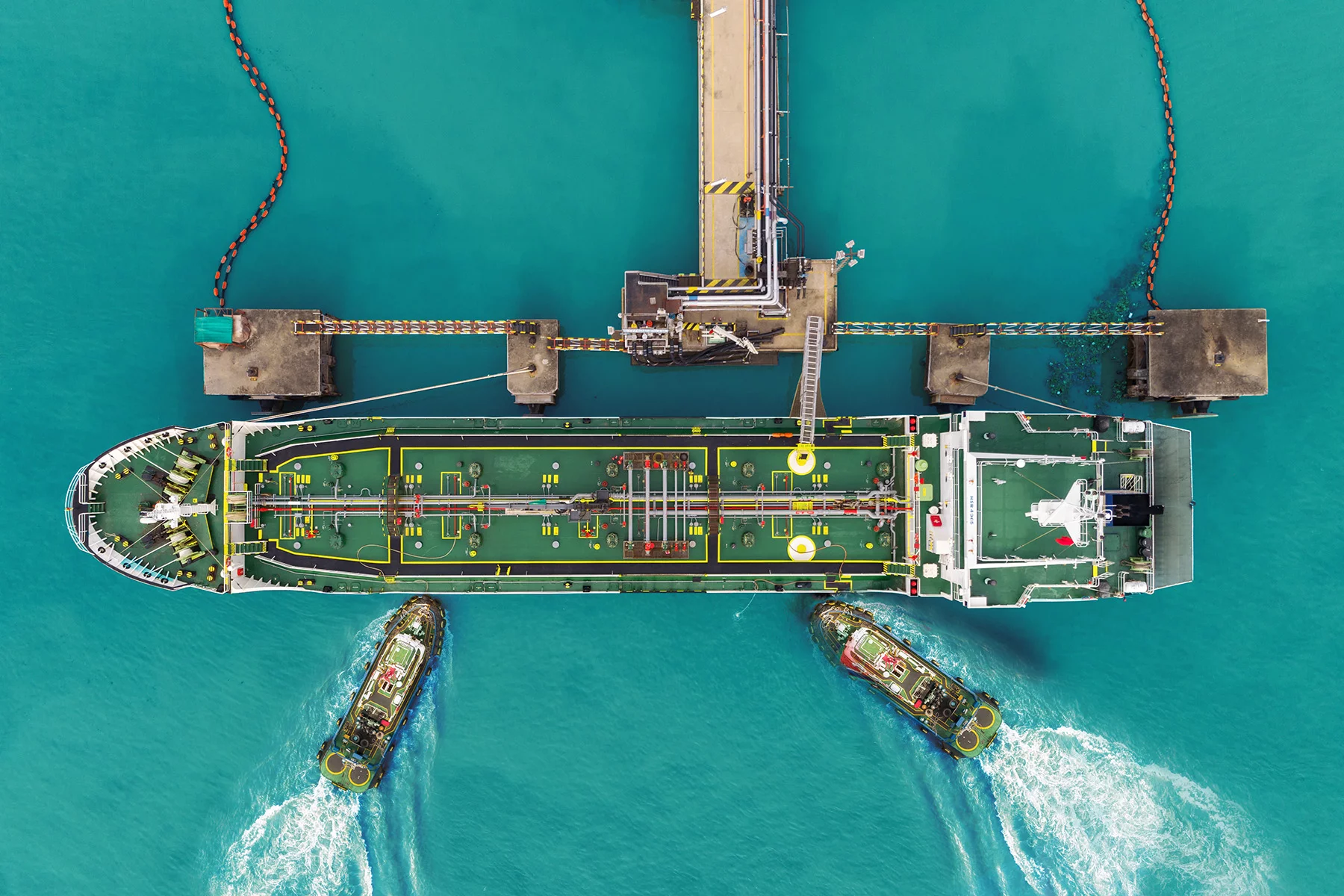
The UAE consists of seven emirates; each has its own leader (Emir) and possesses the powers to manage its own resources autonomously. The seven emirates are as follows: Abu Dhabi, Dubai, Sharjah, Ras Al Khaimah, Ajman, Umm Al Quwain, and Fujairah.
The seven Emirs make up the Federal Supreme Council (FSC), which selects the UAE’s President and cabinet. The FSC is the UAE’s highest authority, holding legislative and executive powers.
Below the FSC is the Federal National Council (FNC), which consists of 40 members with four year terms. Half of the members of the FNC are appointed by the President and the other half are elected by the people; each emirate has a specific number of representatives depending on its size. The council has the ability to pass or reject federal bills, examine the Annual General Budget, and make recommendations to the FSC.
As the largest states in the UAE, Dubai and Abu Dhabi each have eight seats on the FNC. Sharjah and Ras al-Khaimah both have six, and Ajman, Umm al-Quwain, and Fujairah each hold four.
The political system in the UAE has a constitution, which came into force in 1996. The 152 articles in the UAE constitution cover everything from the objectives of establishing legislation to the rights of citizens in the Emirates.
The president: who is currently in power in the UAE?
The government’s head of the UAE is the President, Mohamed bin Zayed Al Nahyan; he also acts as the Emir of Abu Dhabi (the biggest oil-producing state in the UAE). The current president has been in charge since 2022. Mohammed bin Rashid Al Maktoum, the Emir of Dubai, is the Vice President and Prime Minister.
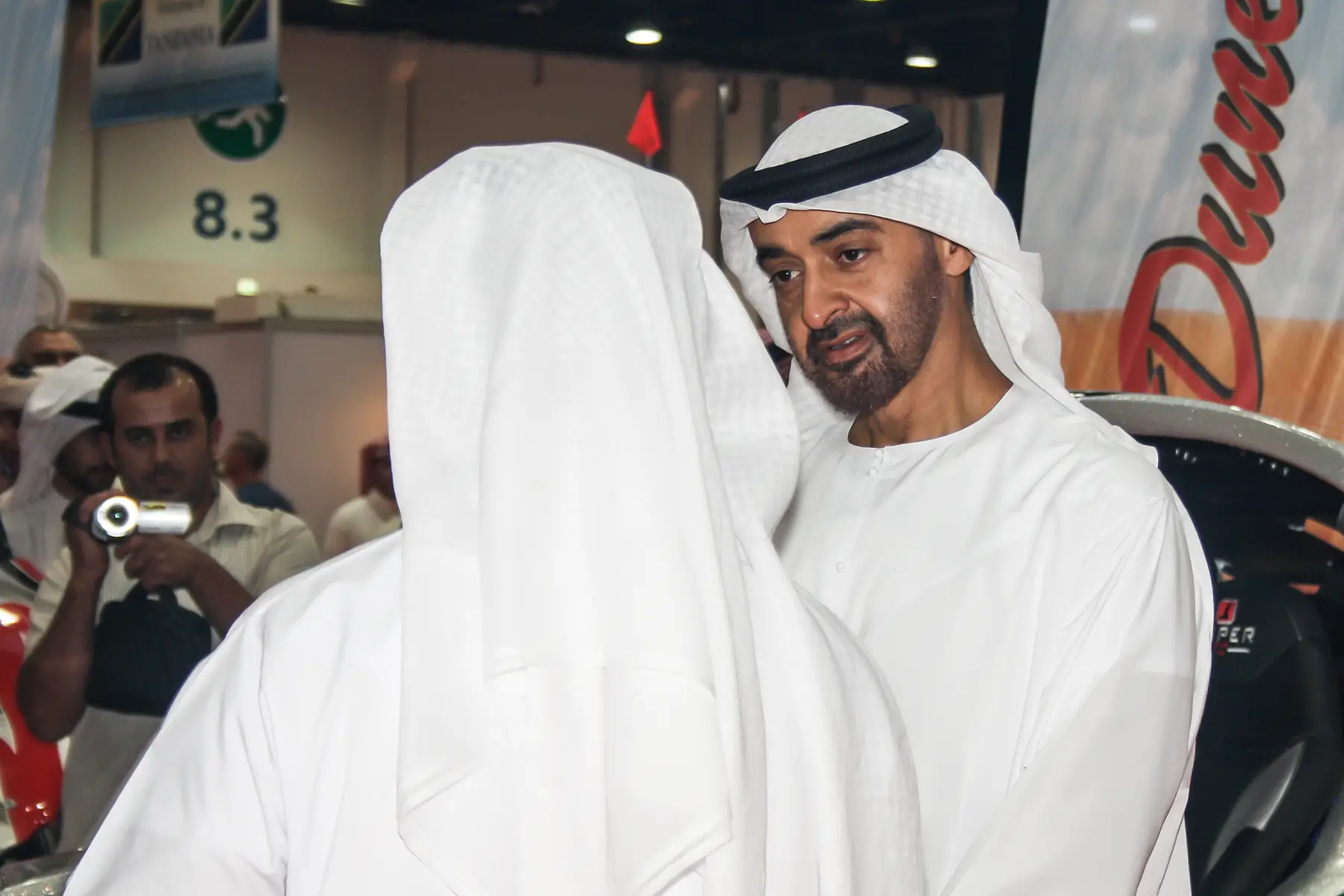
President bin Zayed came to power after the death of his half-brother, Khalifa bin Zayed bin Sultan Al Nahyan, who had ruled since 2004.
The electoral system in the UAE
There are no political parties in the UAE, however, the political involvement and engagement of citizens is developing. The election of the President and Vice President occurs every five years; however only the FSC takes part in the poll, so the public doesn’t get a say.
The public does, however, vote on 20 of the FNC’s 40 members, and engagement has increased significantly in recent years. The UAE’s Electoral College expanded greatly since citizens received the right to vote on FNC members in 2006.
In the first election, fewer than 7,000 citizens voted, but by 2015 this had risen to more than 220,000; around a third of adult citizens. For the 2019 vote, this figure rose to more than 330,000.
Voting in the United Arab Emirates
The vote for members of the FNC takes place every four years. The latest one occurred in October 2023. A total of 309 candidates registered for the 2023 election; 41% of whom were women. This percentage is way above the global average of 27%, resulting from a decree from the President that women should make up at least 40% of the council’s members.
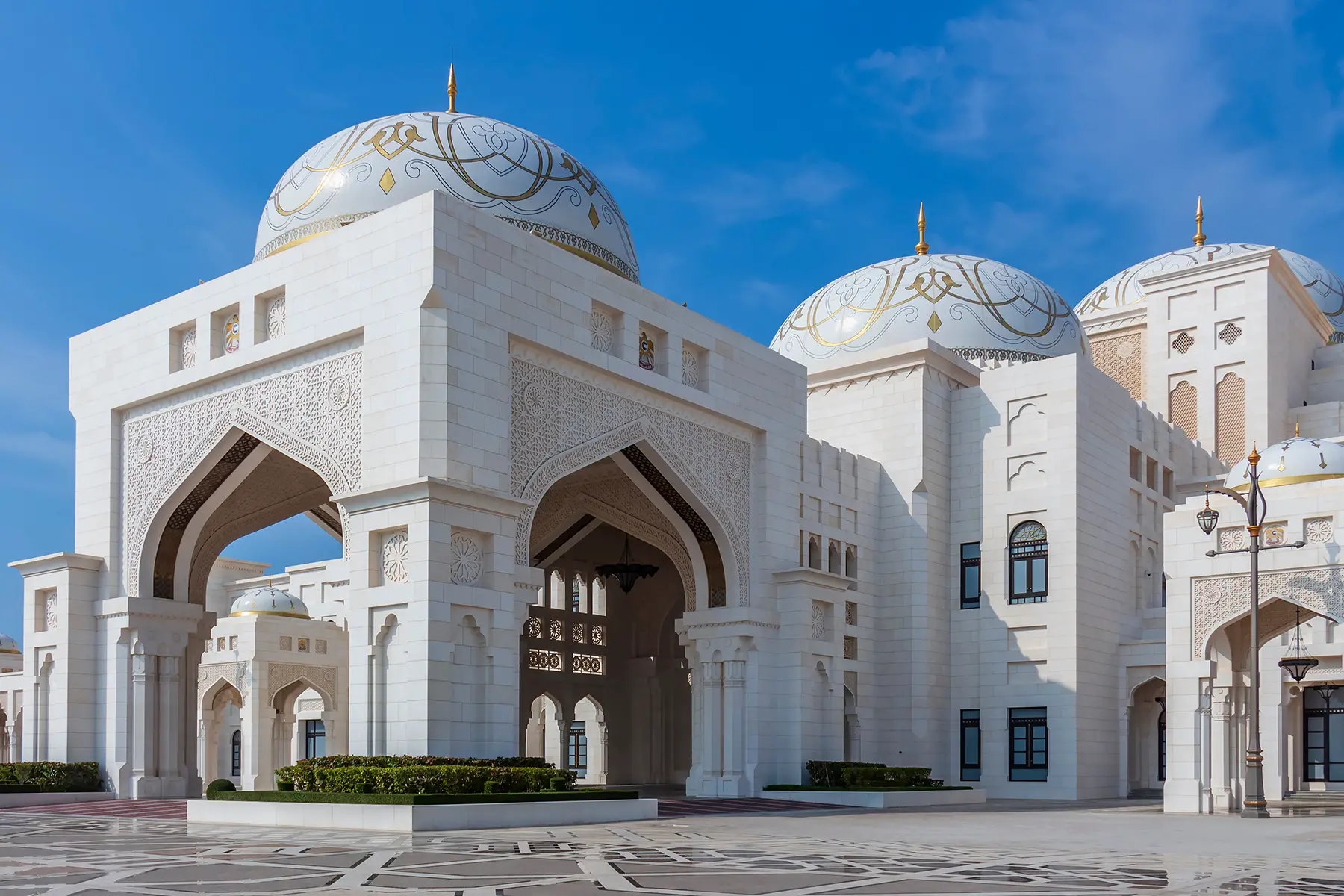
Not all citizens are eligible to vote. Instead, voters are handpicked and chosen through an electoral college, the membership of which was expanded to 398,879 in 2023.
Abu Dhabi is by far the most prominently represented state, with 12,397 votes. Ras al-Khaimah comes in second place, with 11,099 registered votes.
The political history of the United Arab Emirates
Much of the area’s political history stems from the discovery of oil in the region during the 1950s and the subsequent creation of the UAE as a federation of states in 1971.
The 1970s and 1980s saw the UAE create the FNC (1972) and become a founding member of the Gulf Cooperation Council (1981); under the stewardship of Sheikh Zayed bin Sultan Al Nahyan.
The late 1980s and early 1990s saw a difficult time; an attempted coup in Sharjah (1987), UAE forces joining the Gulf War (1991), and the collapse of the Bank of Credit and Commerce International (BCCI), of which Abu Dhabi’s ruling family owned 77%. The UAE eventually made peace with Iran.
In December 2006, under the leadership of Khalifa bin Zayed Al Nahyan, the UAE held its first-ever national elections for the FNC; before unveiling a development strategy focused on establishing the federation as a world leader. Furthermore, a financial boom resulted in Dubai and Qatar investing heavily in the London Stock Exchange.
After the financial crash of 2008, the boom ground to a halt, with Dubai requiring significant financial assistance from Abu Dhabi. Various regional conflicts took center stage during the next few years. Questions were raised internationally about the federation’s clampdown on dissenting voices.
The judiciary system in the UAE
The UAE constitution sets out a legal code based on Sharia law, however, in practice the system uses a combination of Islamic and Western principles. The Federal Judiciary oversees the judicial system with individual states appointing their own Ministries of Justice.
The judicial system consists of three main pillars. First of all, there are the federal supreme courts, which deal with federal or inter-emirate disputes and crimes against the state.
There are then courts of first instance, which deal with administrative, civil, and commercial disputes. Beyond this, local judicial bodies solve more minor legal issues within the individual states.
Recent political reforms in the UAE
The UAE has attempted to modernize its political system in recent years; with the formation of the electoral college in 2006 significantly enhancing the political involvement of citizens.
Moves have also been made to make politics appear more transparent and above board. In 2008, the Supreme Council laws were amended to state that the Prime Minister, deputies, and federal ministers must agree not to practice any other professional or commercial roles or enter into business transactions.
The formation of the UAE’s Soft Power Council and the launch of the Soft Power Strategy in 2017 was designed to improve the country’s reputation abroad and also benefit from the heritage and culture of the UAE on the global stage.
Upon announcing the strategy, the government stated it planned to establish the UAE’s reputation as a “modern and tolerant country that welcomes all people across the world”.
Political tensions in the UAE
Critics of the UAE say that its promotion of tolerance has strict limits, with the government continuing to stomp out any negative political expression. Critics point to instances of human rights activists being imprisoned and some groups being barred from entry to the country entirely.
While freedom to exercise religious worship is set in law, the government tightly monitors this. For example, it considers the Muslim Brotherhood to be a terrorist group that acts as a threat to its system of hereditary rule.
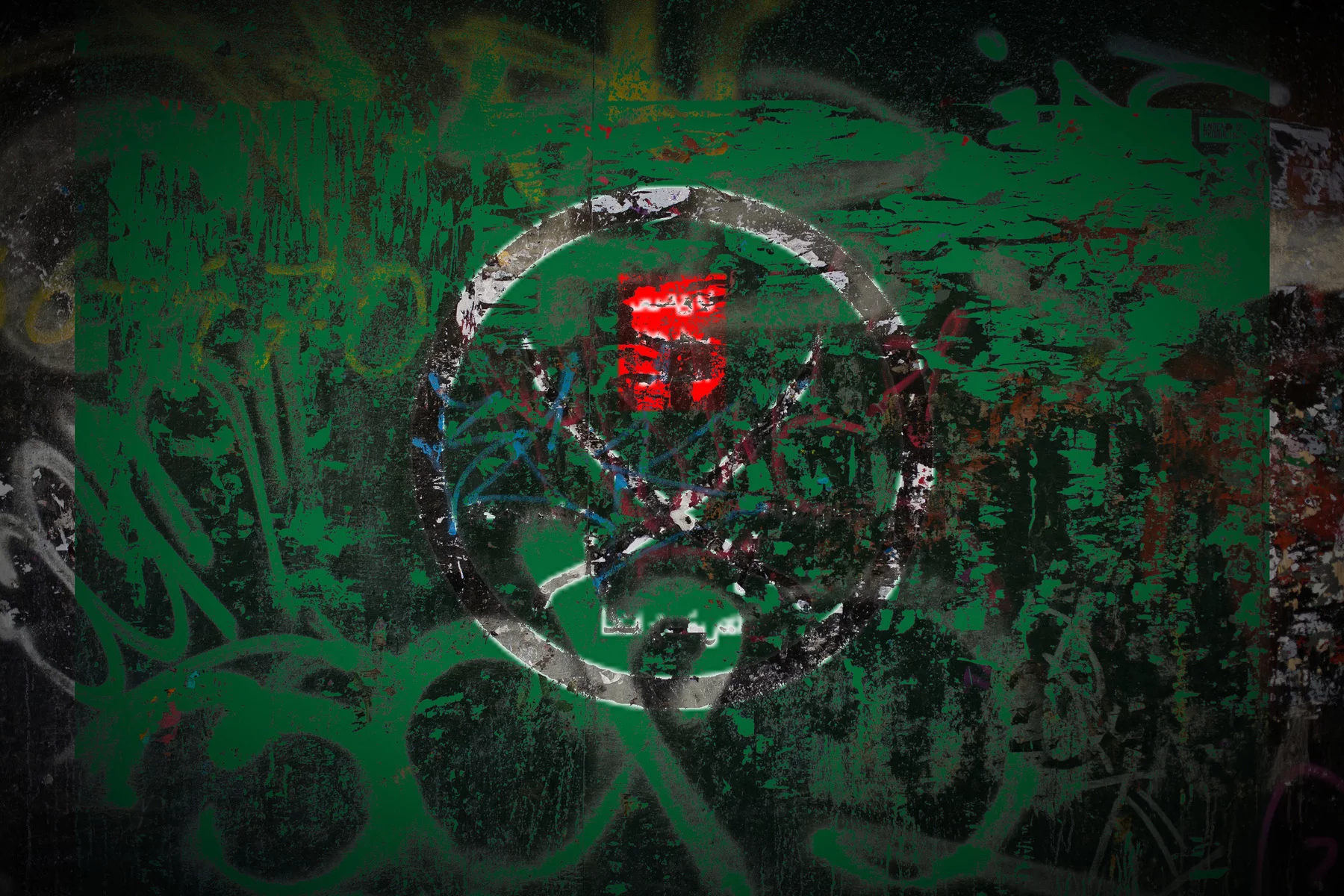
The US organization Freedom House gives the UAE an overall freedom rating of just 18/100 (2024). There are also concerns over the censorship of local media; with the UAE ranking poorly in the Worldwide Press Freedom Index by Reporters without Borders – sitting in 145th out of 180 countries (2023).
There have also been issues in terms of foreign policy, including territorial disputes with Iran and the UAE’s recent role in cutting ties with Qatar.
Along with several of its neighbors (most prominently Saudi Arabia), the UAE blockaded Qatar over its support of the Muslim Brotherhood. The protest against Qatar involved expelling Qatari residents, banning the news agency Al Jazeera, and threatening UAE residents sympathizing with Qatar with jail terms. This blockade continues to date.
The state of the economy in the UAE
Before the UAE discovered oil in the 1950s, its economy was dependent on fishing and a declining pearl industry. However, since oil exports began in the early 1960s, the country’s economy has been transformed.
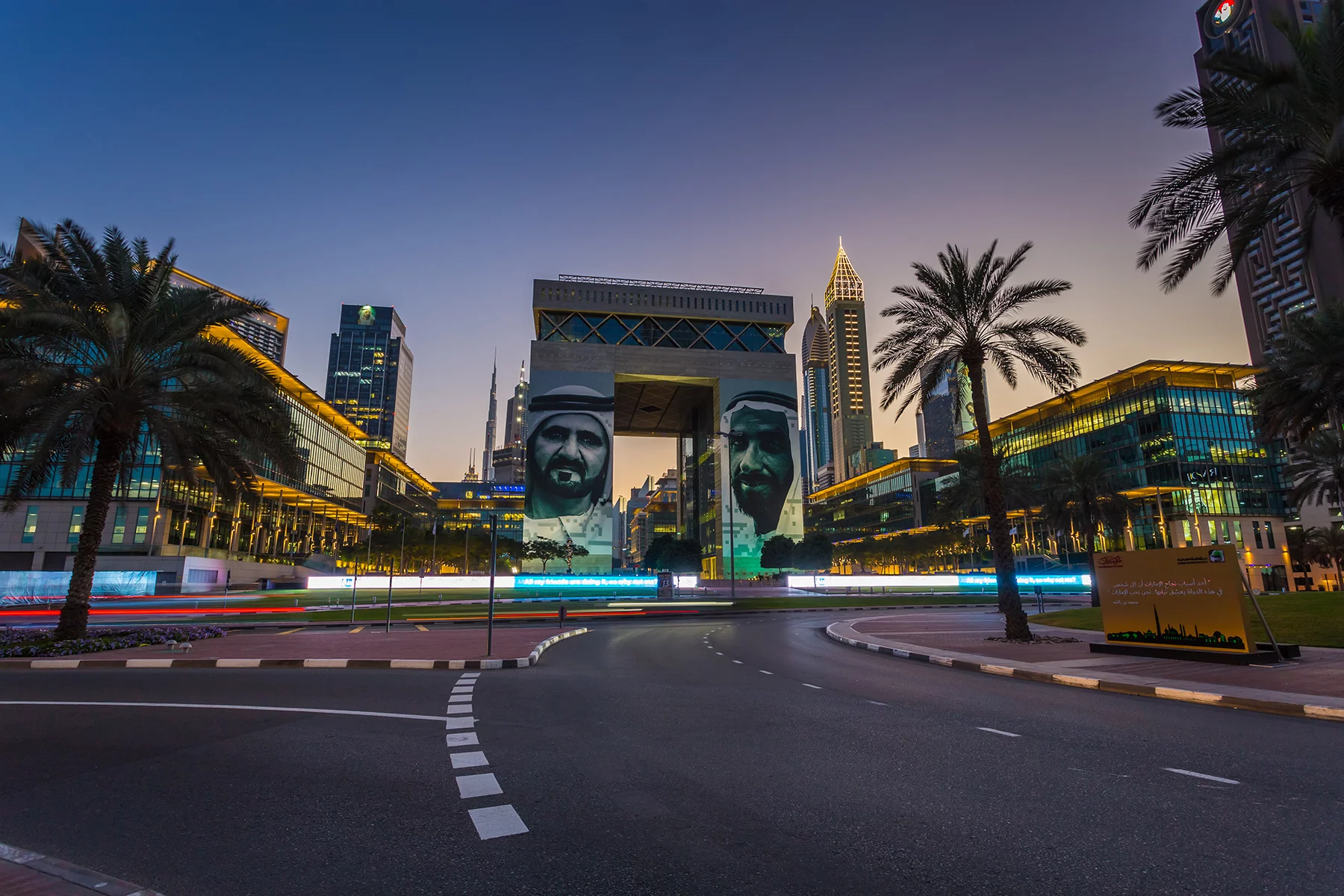
According to the government, the most prominent economic sectors contributing to GDP are oil and gas (30%), wholesale and retail trade (12%), financial (9%), and construction (8%). The government says it aims to diversify the economy and capitalize on global economic partnerships with allies to increase prosperity.
The UAE has a gross domestic product (GDP) of $79,792 billion as of 2023, which translates to $76,110 per capita when adjusted for purchasing power. This is a marked decline from 2006 when the GDP per capita was $104,995.
